MATIC to POL Migration Is 99% complete. Everything You Need to Know.
MATIC has been upgraded to POL as the network token for Polygon.
.jpg)
Almost a year following the MATIC to POL upgrade, 99% of the MATIC on the Polygon network has successfully migrated to POL. Since September 2024, every transaction that takes place on Polygon PoS has used POL as the native gas token.
Reminder: for any users still holding MATIC on Ethereum, the Polygon Portal interface provides a 1:1 migration: https://portal.polygon.technology/pol-upgrade
For more insights, see the dashboard: https://dune.com/spaceharpoon/matic-pol-migration
The community-led upgrade not only expanded utility for the native token on the Polygon network, it also opened the door to future utility powering the unified, cross-chain ecosystem of Polygon Labs’ interop solution, Agglayer.
With community consensus, Polygon PoS will connect to Agglayer soon, thereby bringing POL into the broader aggregated network.
At its core, POL is a utility token that, subject to future community consensus, may support additional functionality that goes far beyond securing a single network. These include accruing rewards via staking and eligibility for community airdrops via the Agglayer Breakout Program, which includes projects like Katana, Billions, and Miden. It’s an exciting, future-proof evolution of what utility tokens look and feel like, with the possibility for expanded capabilities.
You can start natively staking POL on Ethereum in just three steps. Help secure the Polygon network, receive a portion of validator rewards, and become eligible for community airdrops.
In the first phase of the POL migration, POL has succeeded MATIC as the native gas and staking token for Polygon PoS. What happens next is up to the community. You can read more about the “hyperproductive” design of POL in the introduction post.
Here are the details of what the upgrade to POL meant when it began last year:
- Backwards compatibility. This ensured that existing applications and users experienced a seamless transition without disruption, facilitating a smoother upgrade process, and preserving the stability of the Polygon network. This made it easy for validators, delegates, apps, and users to transition smoothly from MATIC to POL.
- Native gas and staking token for Polygon PoS. POL now secures the Polygon PoS network - and every transaction on the network is fueled by POL.
- Future utility for an aggregated network. In the long term, the current community consensus would see POL support broader roles in an aggregated network.
- Tokenomic changes. The POL to MATIC upgrade ratio is 1:1, with an important tokenomics change, subject to ongoing community consensus, that earmarks 2% of emissions over a decade to support network security and community development. Half goes to the Polygon PoS staking contract to reward validators for securing the network, and the other half to a community treasury, supporting builders through a grant program overseen by an independent board accountable to the community. This emission model will continue for as long as needed, with the community holding the power to adjust or discontinue based on evolving needs.
As Polygon PoS continues to scale payments and RWAs around the globe, the network has a native token that can help secure and support the growth of this vision.
About Polygon Labs:
Polygon Labs is a Web3 software company developing Polygon Proof-of-Stake network, the premiere blockchain for payments and RWAs, and Agglayer, a unified web of chains that feels like the Internet. Polygon is known as the low-cost, high velocity network, with billions secured in stablecoins, supporting a robust payments ecosystem to help grow Agglayer use cases in an interoperable Web3. Research from Polygon Labs has contributed to the development of widely-adopted zero-knowledge technology, with successful, independent projects incubated through the Agglayer Breakout Program, such as Katana, ZisK, Miden, PrivadoID, and more.
Disclaimer:
The information in this post should not be used or considered as legal, financial, tax, or any other advice, nor as an instruction or invitation to act by anyone. Users should conduct their own research and due diligence before making any decisions. Polygon may alter or update any information in this post at its sole discretion and assumes no obligation to publicly disclose any such change. This post is solely based on the information available to Polygon at the time it was published. Polygon makes no guarantee of future performance and is under no obligation to undertake any of the activities contemplated herein. Do your own research and due diligence before engaging in any activity involving crypto-assets. Use or reliance on information in this site is subject to the site’s terms of use [https://polygon.technology/terms-of-use].




.jpg)
.jpg)
.png)

.png)

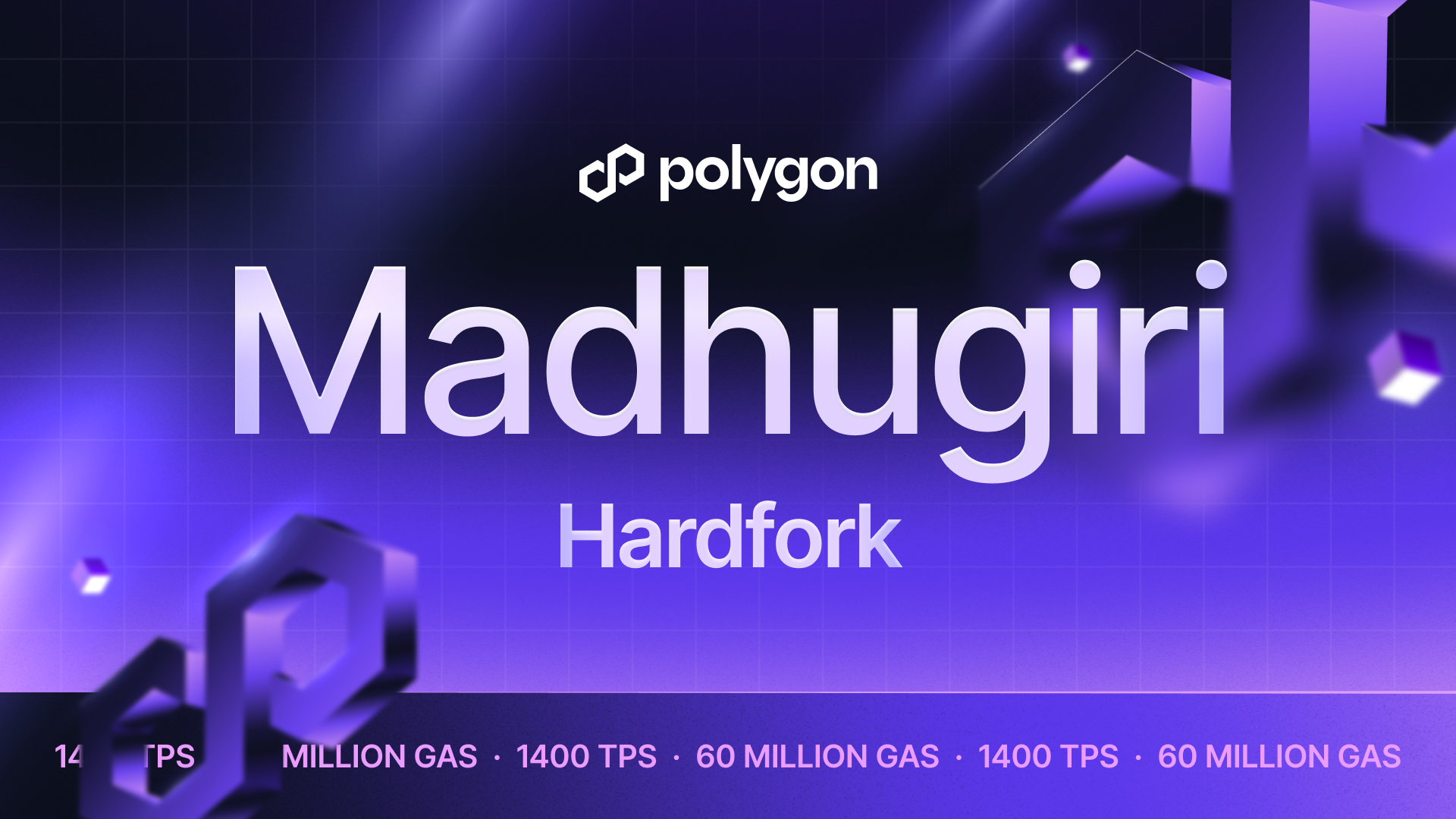
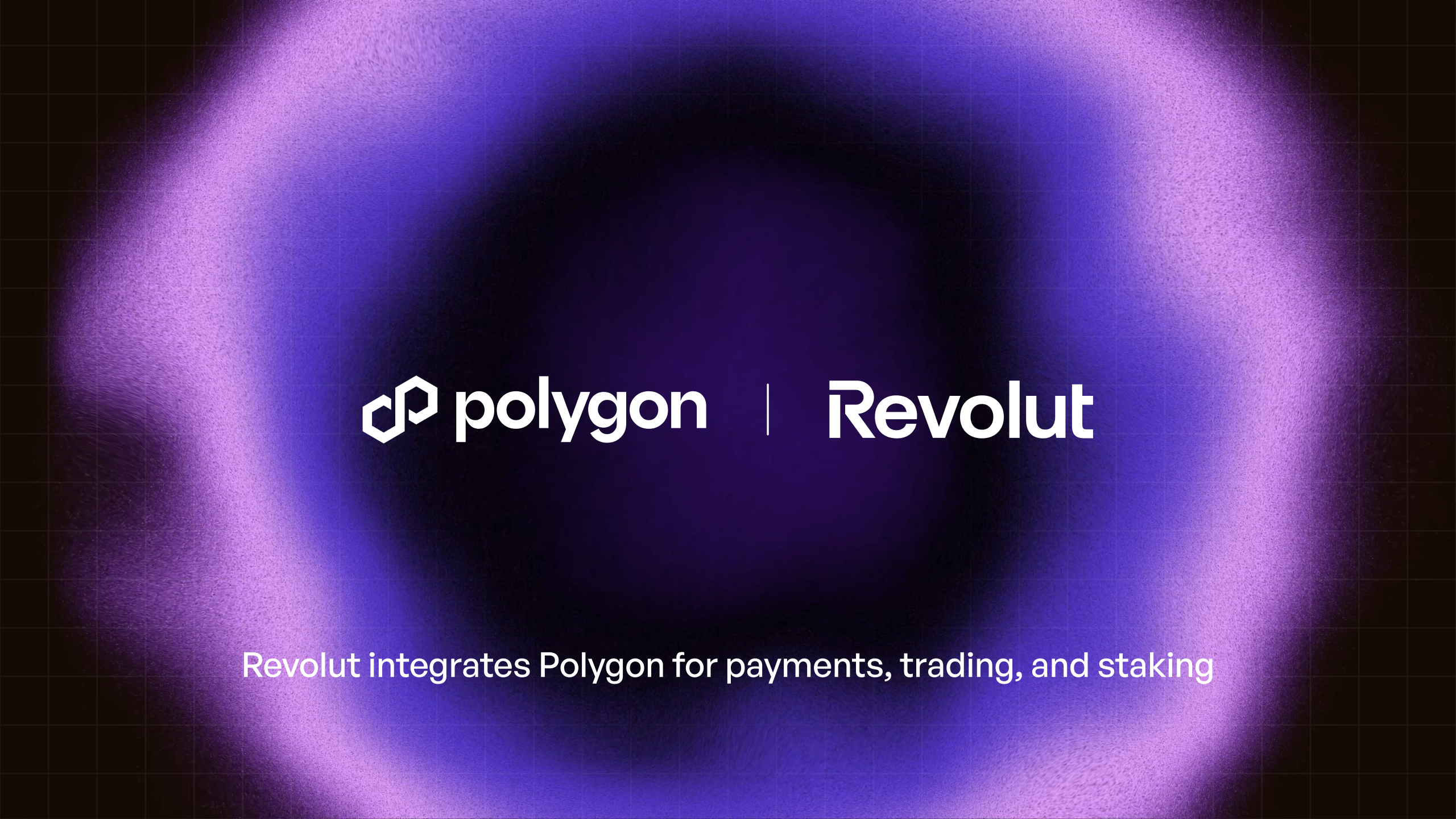
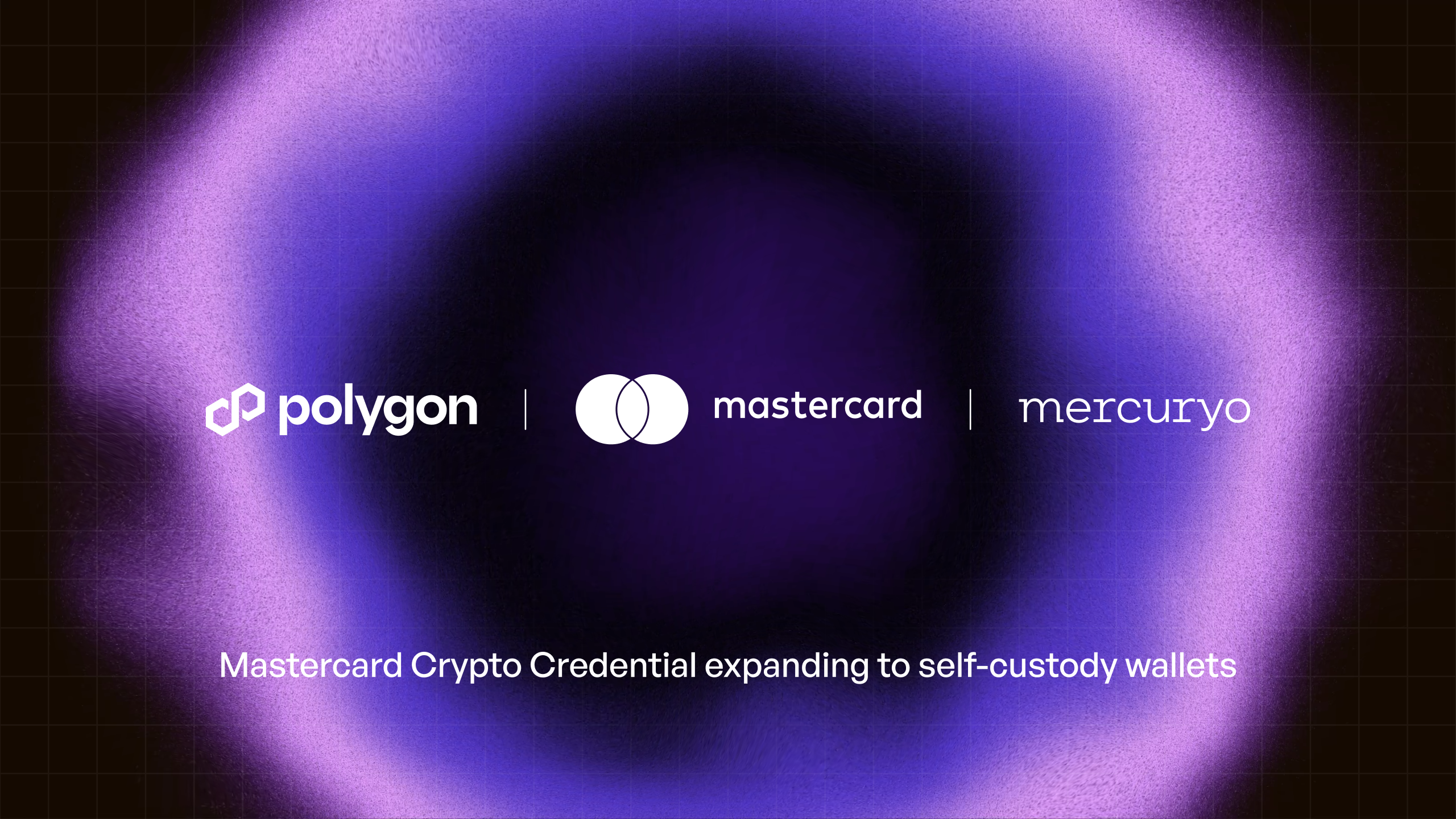
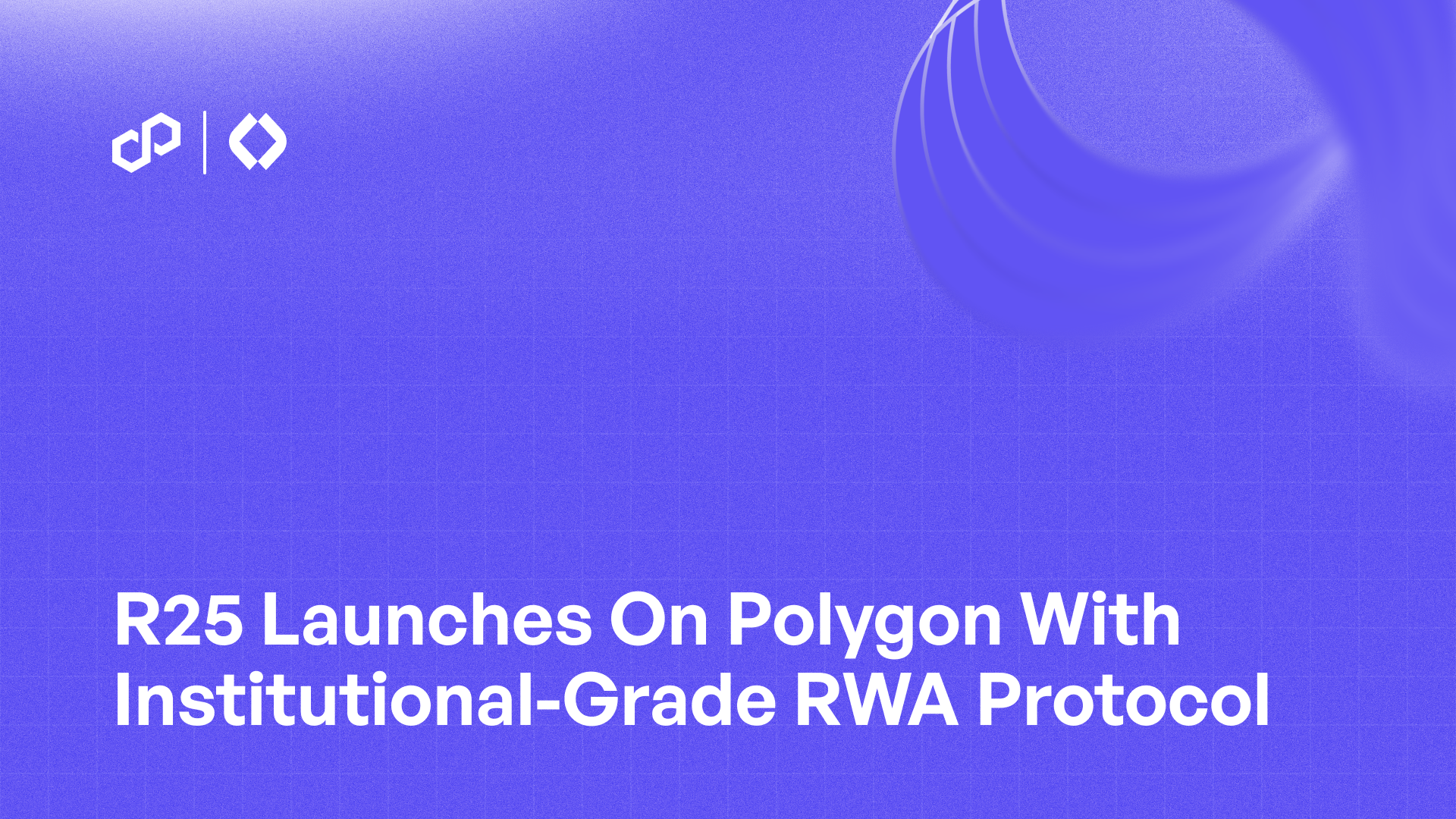
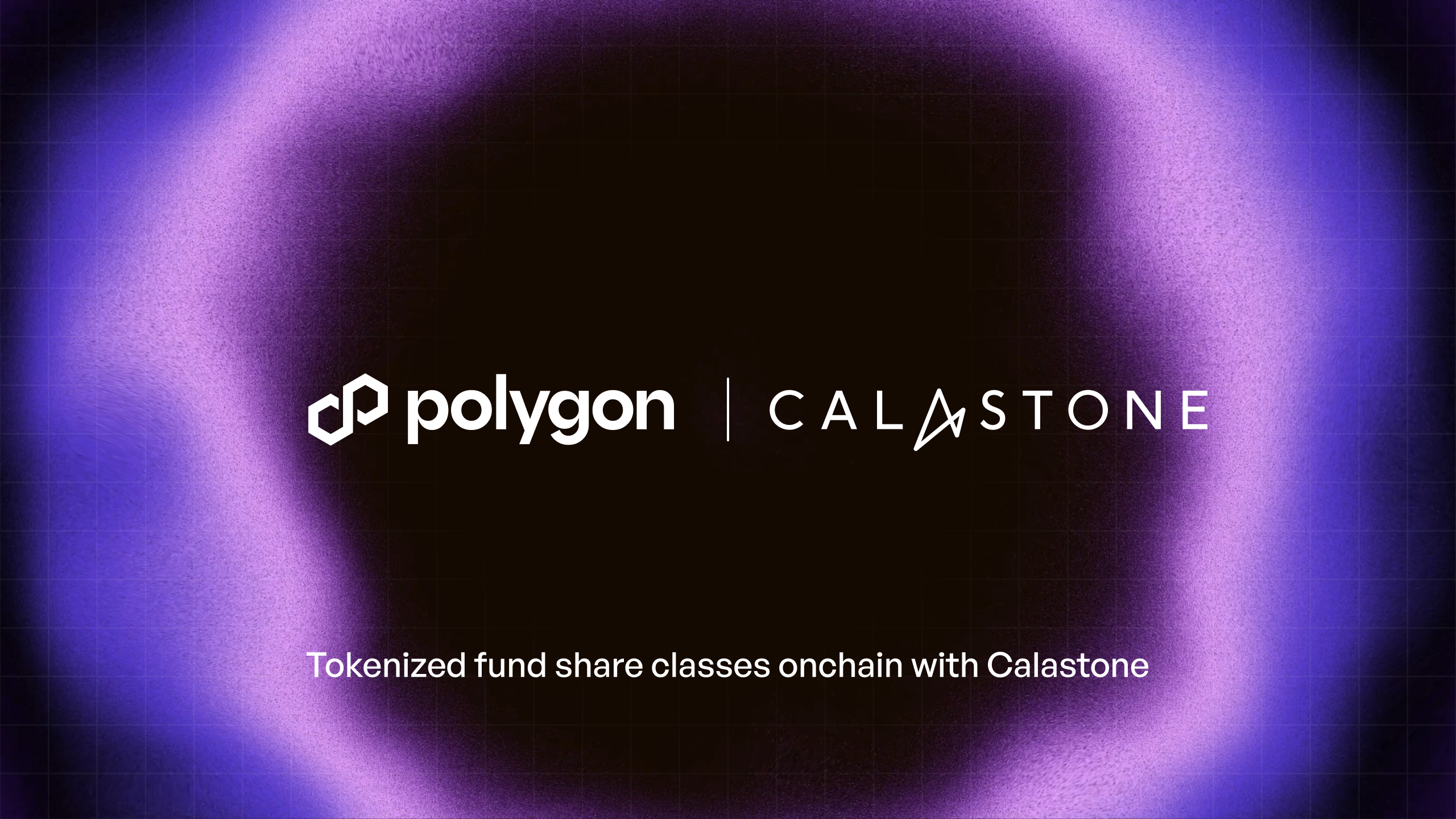
%20(1).png)
